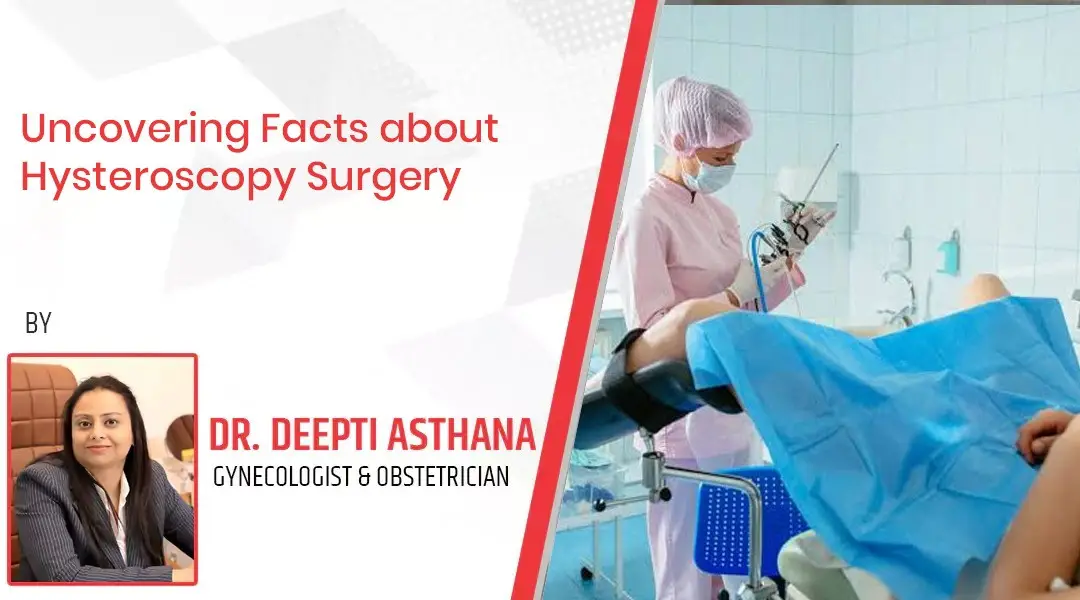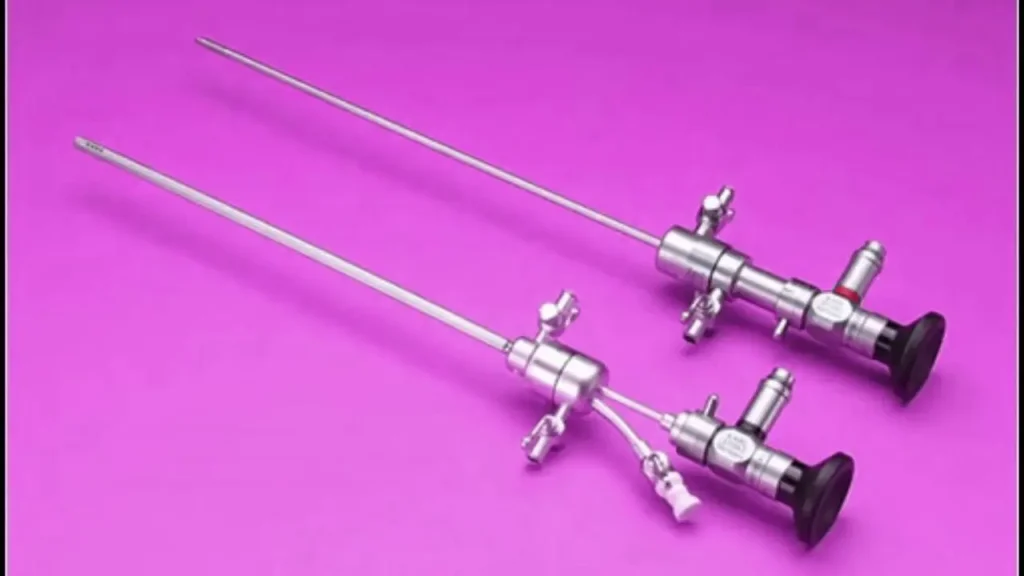
As a gynecologist, I have seen many patients who have been recommended hysteroscopy surgery but are hesitant to undergo the procedure due to a lack of knowledge about it. Hence, in this blog post, I aim to provide comprehensive information about hysteroscopy surgery to help women make an informed decision.
Hysteroscopy is a minimally invasive surgical procedure used to diagnose and treat various uterine conditions. It involves inserting a thin, lighted tube called a hysteroscope through the cervix into the uterus to examine the uterine lining and identify any abnormalities.

Here are some important facts about hysteroscopy surgery that every woman should know:
- Hysteroscopy is a safe and effective procedure: Hysteroscopy surgery is generally considered a safe and effective procedure. Complications are rare, and the risk of serious complications is low. The procedure is usually performed on an outpatient basis, and most women can return to their normal activities within a few days.
- Hysteroscopy can diagnose and treat a variety of conditions: Hysteroscopy can be used to diagnose and treat a range of conditions, including abnormal bleeding, fibroids, polyps, adhesions, and uterine septum. It is also used to remove intrauterine devices (IUDs) that have become embedded in the uterine wall.
- Hysteroscopy is less painful than traditional surgery: Hysteroscopy is a minimally invasive procedure, which means it involves less pain and discomfort than traditional surgery. Women may experience mild cramping or discomfort during the procedure, but this can be managed with pain relievers.
- Hysteroscopy can improve fertility: In some cases, hysteroscopy can help improve fertility by removing uterine abnormalities that can interfere with implantation. It can also be used to remove scar tissue that may be preventing conception.
- Hysteroscopy is not recommended for everyone: Hysteroscopy surgery is not recommended for women who are pregnant or have an active pelvic infection. Women who have had pelvic radiation therapy or have a history of severe cervical stenosis may also not be good candidates for the procedure.
In conclusion, hysteroscopy surgery is a safe and effective procedure that can be used to diagnose and treat various uterine conditions. If you have been recommended hysteroscopy surgery, it is essential to discuss the procedure with your gynecologist to determine if it is the right choice for you. Remember, being informed and making an informed decision is crucial to your health and well-being.



Leave a Reply